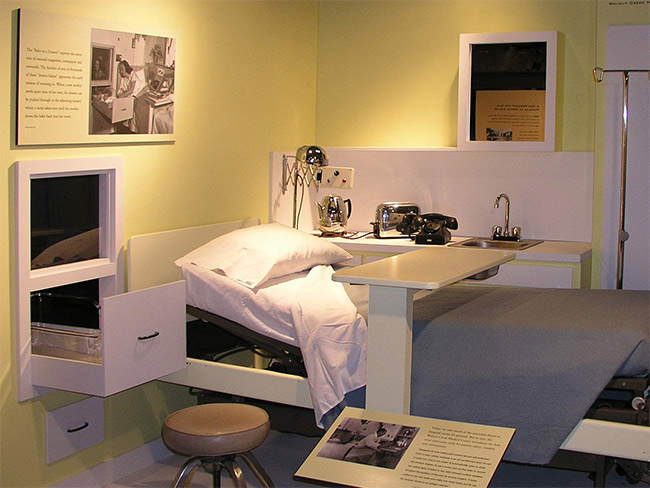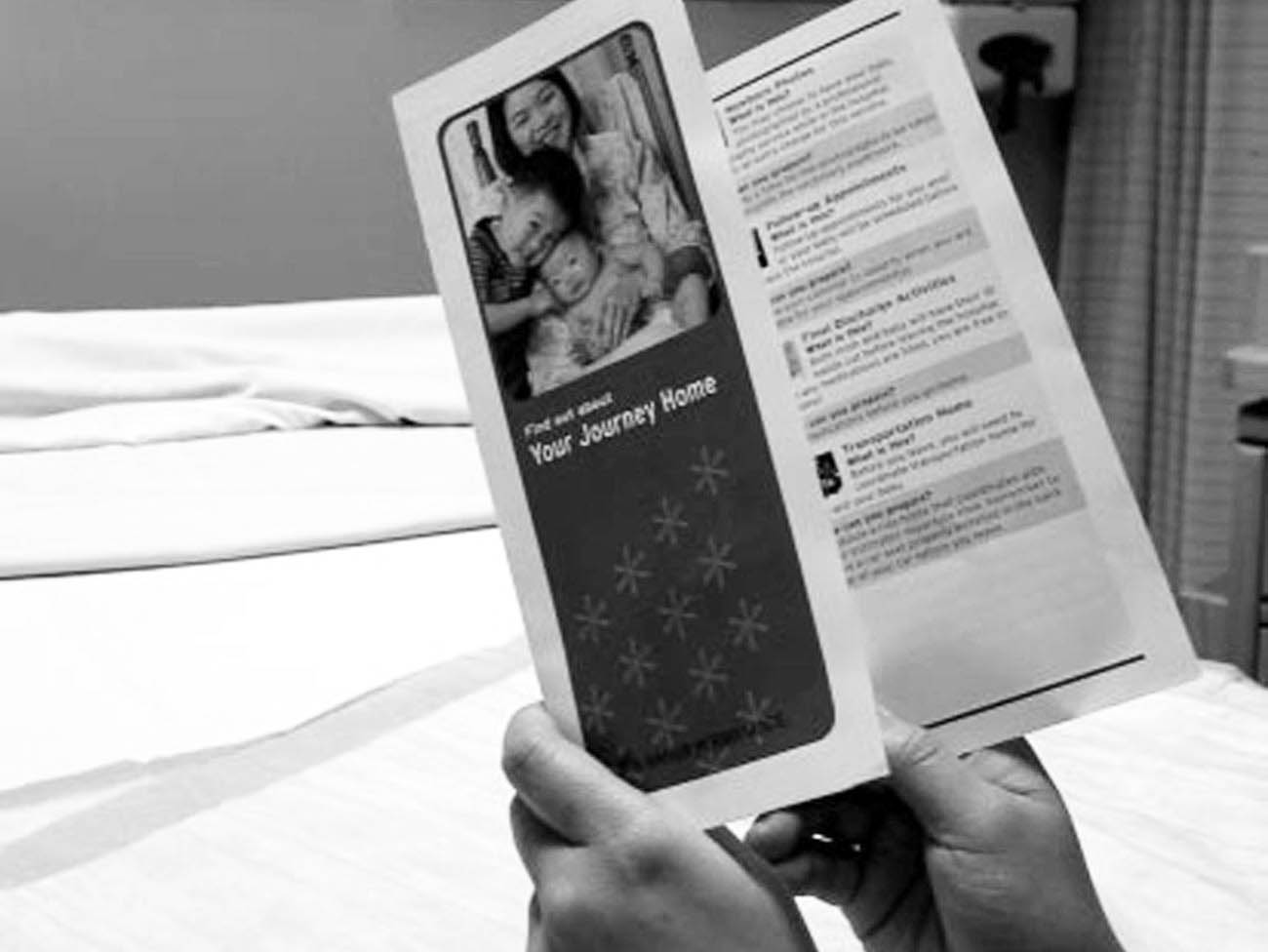Cannabis use by pregnant women increased during pandemic
Large Kaiser Permanente study finds 25% increase in rate of use.
PRESS RELEASE
Contacts: Jan Greene
janice.x.greene@kp.org
510-504-2663
Heather Tremblay
htremblay@webershandwick.com
310-854-8264
OAKLAND, Calif. — A Kaiser Permanente analysis of more than 100,000 pregnancies in Northern California finds a 25% increase in the rate of cannabis use early in pregnancy after the pandemic began in spring 2020.
The analysis was reported in a research letter in the September 27 issue of JAMA. The study found that in the year before the pandemic, 6.75% of pregnant women were using cannabis in early pregnancy, and during the pandemic that rate rose to 8.14% of pregnant women.
The study did not determine why more pregnant women might be using cannabis. “Our previous research has shown that the prevalence and frequency of prenatal cannabis use is increasing over time and that pregnant women are more likely to use cannabis if they are depressed, anxious, or have experienced trauma. It’s very possible that more pregnant women are using cannabis in an attempt to self-medicate these issues during the pandemic,” said lead author Kelly Young-Wolff, PhD, MPH, a clinical psychologist and research scientist with the Kaiser Permanente Division of Research.
“The stay-at-home mandates, concerns about getting COVID-19, economic challenges, increased child care burden, and other difficult aspects of the pandemic could contribute to pregnant women feeling more stressed and depressed during this time,” Young-Wolff added.
The study examined urine toxicology tests for cannabis from the first prenatal visit for 100,005 pregnancies (involving 95,412 women) at Kaiser Permanente in Northern California from January 2019 through December 2020, comparing positive tests in the pre-pandemic period with those during the pandemic period.
The trend is concerning because of potential risks to newborns such as low infant birth weight and potential neurodevelopmental effects on children associated with prenatal cannabis use, said senior author Lyndsay Avalos, PhD, MPH, a research scientist at the Division of Research. “As the pandemic continues it will be important to identify subgroups of women who are most likely to use cannabis during pregnancy so we can provide more targeted interventions.”
It is also important for clinicians to discuss cannabis use with their patients. “We need to get the word out more effectively that cannabis is not a healthy choice during pregnancy,” said co-author Deborah Ansley, MD, regional medical director for Kaiser Permanente’s Early Start prenatal health program. “Women may be trying to manage nausea or mood problems early in pregnancy or may simply be continuing a habit from before they became pregnant. Clinicians — and people who work in cannabis dispensaries — need to help educate women that during pregnancy they should abstain from any type of cannabis use because of potential health risks to their babies.”
The research did not differentiate among types of cannabis products used or concentrations of CBD or THC used by women. Young-Wolff and Avalos have funding from the National Institute on Drug Abuse to carry out more in-depth, long-term research on use of various types of cannabis products in pregnancy and their impact on the health of mothers and children.
In a recent editorial in JAMA Network Open, Young-Wolff and 2 colleagues also highlighted the need for equitable access to supportive and nonpunitive substance use treatment and recommended legal and regulatory policies to protect infants and children while not imposing criminal or discriminatory burdens on vulnerable communities.
About Kaiser Permanente
Kaiser Permanente is committed to helping shape the future of health care. We are recognized as one of America’s leading health care providers and not-for-profit health plans. Founded in 1945, Kaiser Permanente has a mission to provide high-quality, affordable health care services and to improve the health of our members and the communities we serve. We currently serve approximately 12.5 million members in 8 states and the District of Columbia. Care for members and patients is focused on their total health and guided by their personal Permanente Medical Group physicians, specialists, and team of caregivers. Our expert and caring medical teams are empowered and supported by industry-leading technology advances and tools for health promotion, disease prevention, state-of-the-art care delivery, and world-class chronic disease management. Kaiser Permanente is dedicated to care innovations, clinical research, health education, and the support of community health.











